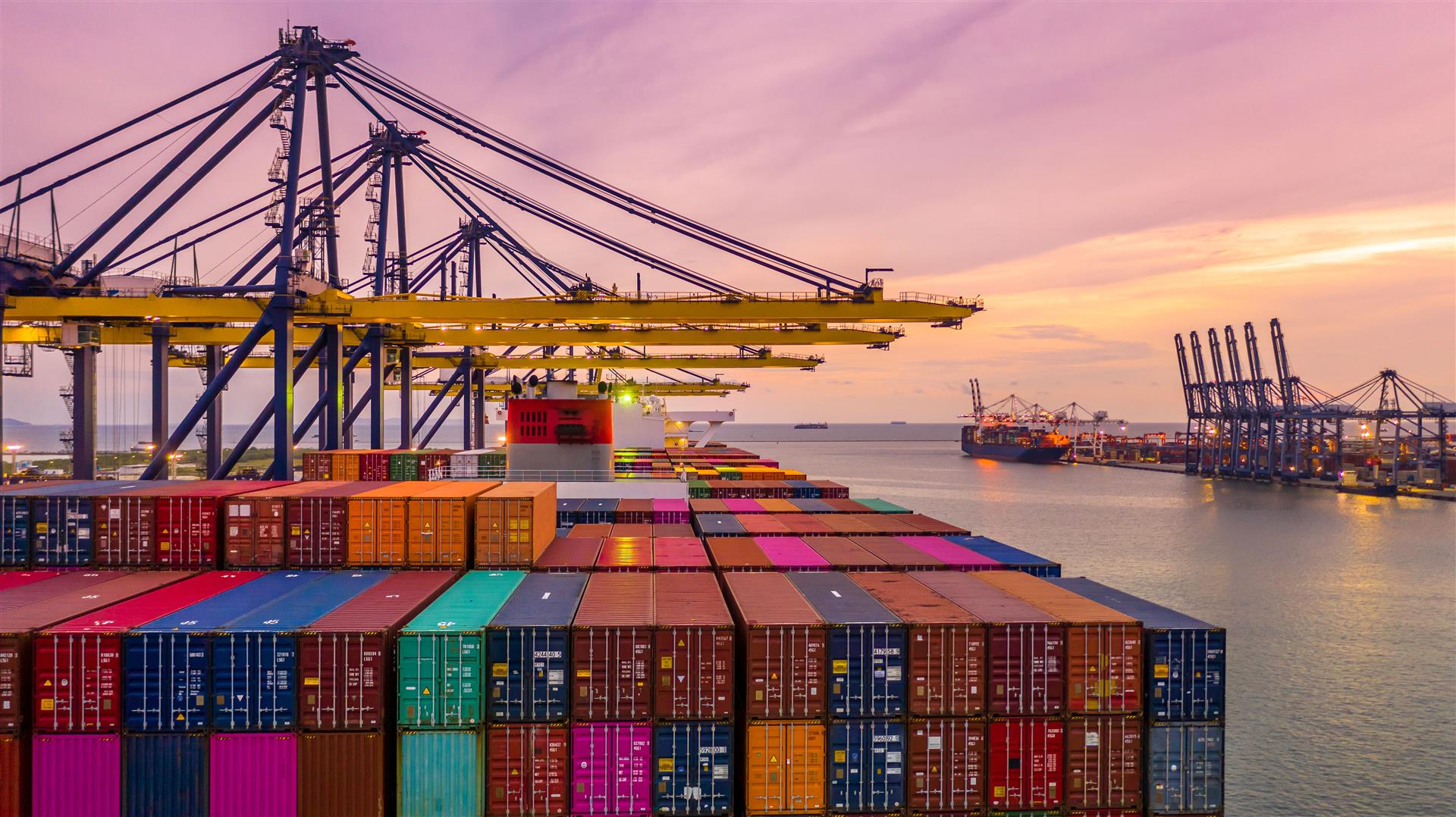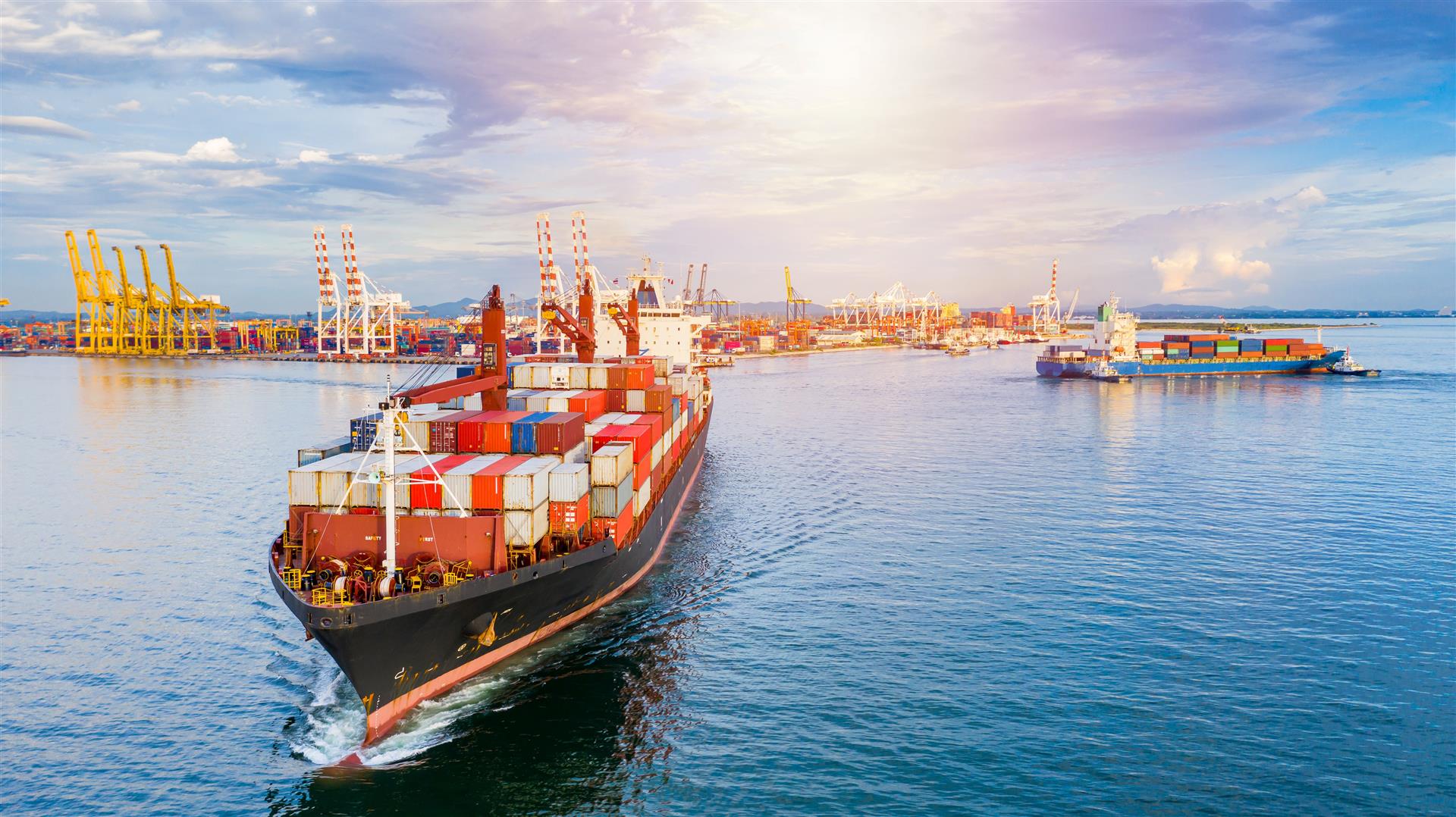The investments from multinational companies in Thailand are considered a significant part of the development of the industries and economy of the country, on the basis of income generation and employment, indirectly contributing to knowledge and production technology transfer. According to the investments made through investment promotion plans of the Office of the Board of Investment (BOI), it was found that, during the first 9 months (Jan-Sep) of 2022, 701 projects out of the applications for 1,247 projects were submitted by foreign investors holding shares together with Thai people and by foreign investors who owned 100% of the shares, accounting for 311,610 million baht out of the total of 439,080 million baht.
Regarding the manufacturing sector, most of them were agriculture and processed food products, followed by electric and electronic appliances, automobile and automobile parts, petrochemical and chemical products, and tourism. These products were not sold only in Thailand.

Therefore, foreign investors who are going to invest in Thailand and those who wish to expand their businesses overseas should study customs export procedures, as follows:
- Exporters submit the export declaration in the form of a document together with a detailed export declaration information form (Kor.Sor.Kor.101/1), in accordance with the format and standard established by the Customs Department. The export declaration is submitted in the electronic system. If there is no error, exporters will receive an export declaration number to complete the payment of duties (if any) before proceeding to clearance;
- Pay taxes and custom duties in the following three ways: Pay manually at any Customs Department Unit; pay in the electronic payment system, along with the submission of the declaration information; or pay in the electronic bill payment system;
- Sending the outgoing transfer invoice: When the exporter has finished loading the goods on the vehicle, the exporter must deliver the goods in accordance with the format and standard established by the Customs Department. After sending the invoice information in electronic format to the computer system of the Customs Department, if the system approves, the system will assign a number for the freight invoice;
- Goods movement invoice inspection and debiting:
- Import customs clearance (final destination): The customs officer inspects the goods as informed. If no error is found, final permission to move import cargo out of the customs bonded area is allowed.
Documents required for exporting:
- Export declaration form;
- Invoice;
- Export license or certification;
- Requests (if any);
- Document attached to export declaration (in case of a claim for duty drawback under Section 19 bis);
- Blue Corner (in case of a claim for tax compensation or tax refund).
Source : Rubber Authority of Thailand
Tel : +66 2433-2222

